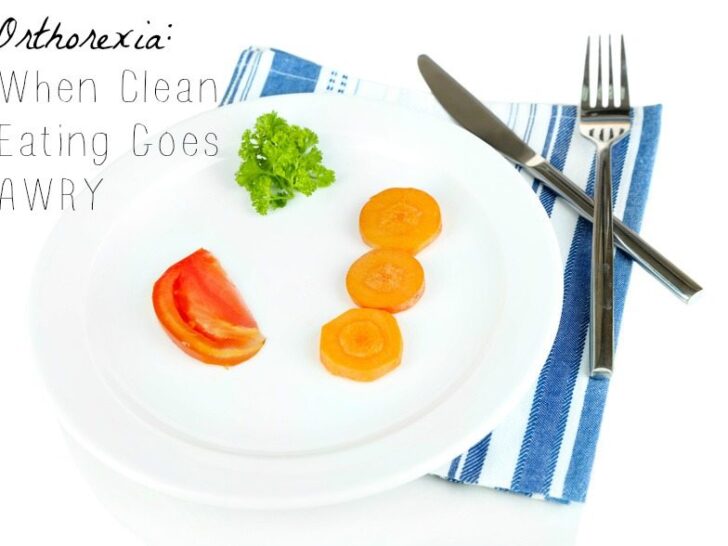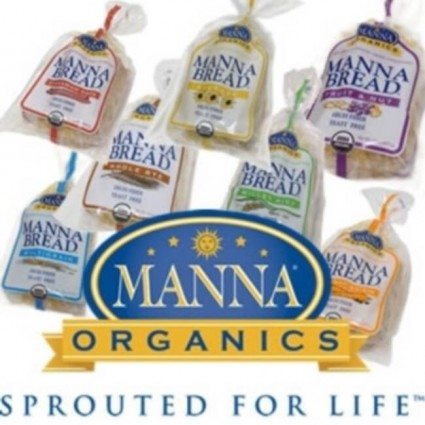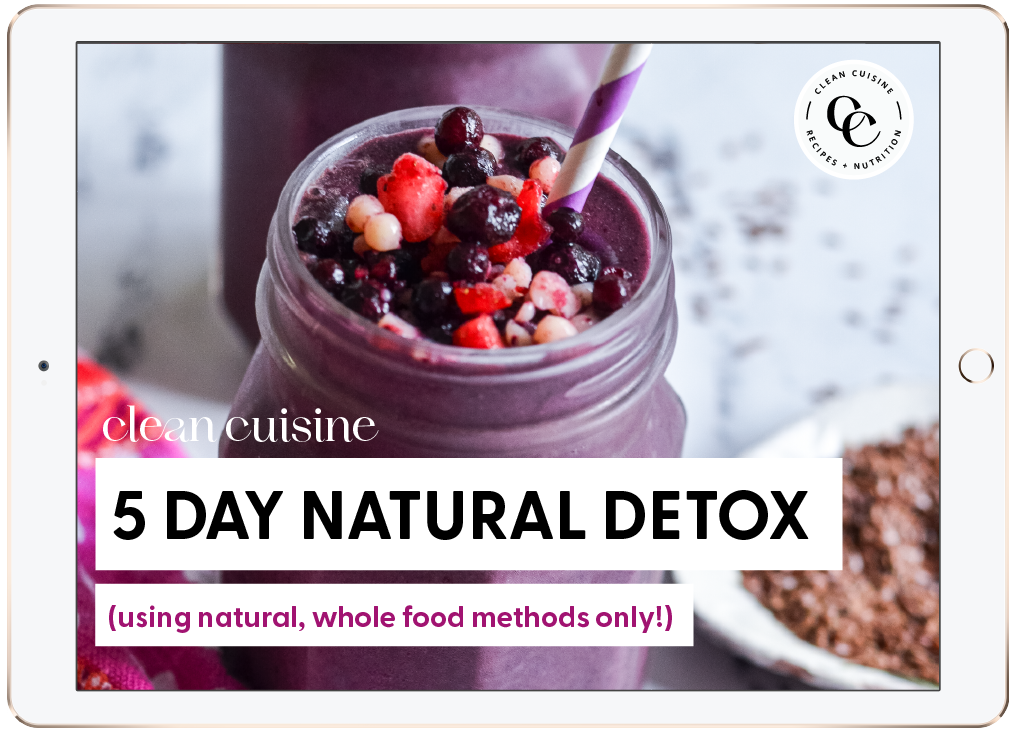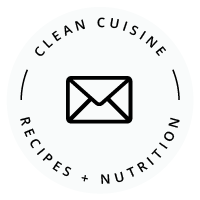I was interviewed by Jackie Wicks the topic of “clean eating” came up while we were chatting. Jackie had asked me what I ate for breakfast and I told her I had chosen frozen strawberries over fresh because the frozen were organic and that I tried to avoid eating conventional strawberries because they were among the “dirty dozen.” Jackie was very interested in the “dirty dozen” and “clean eating” and asked me to expand on these topics in an article.
Clean Eating Starts with Clean Produce
“Clean eating” is such a broad subject and simply can’t be fully covered in one short article. However, one big component of clean eating is choosing clean produce, which starts with avoiding the “dirty dozen” most contaminated fruits and vegetables. In a perfect world we would all eat 100% clean organic food 100% of the time. Living in the real world we have to pick our battles. For me, that means a simple choice at the grocery; I avoid buying the twelve most contaminated conventionally grown fruits and vegetables, unless organic is available. The USDA rules prohibit the use of pesticides on any crop with the certified organic label.
According to the Environmental Working Group ,eating the 12 most contaminated fruits and vegetables will expose a person to about 15 pesticides a day, on average. Eating the 12 least contaminated will expose a person to fewer than two pesticides a day.
In addition to avoiding the “dirty dozen” it’s also a good idea to wash fruits and vegetables under running water. One study even found spraying produce with a mixture of vinegar and water was an effective way to help wash contaminants away. For hard produce, such as apples, use a vegetable brush for washing.
Here’s the most recent update on the cleanest and dirtiest produce:
Dirty Dozen and Clean Fifteen
DIRTY DOZEN:
- Celery
- Peaches
- Strawberries
- Apples
- Blueberries
- Nectarines
- Bell Peppers
- Spinach
- Kale
- Cherries
- Potatoes
- Grapes
CLEAN FIFTEEN:
- Onions
- Avocados
- Sweet Corn
- Pineapples
- Mangoes
- Sweet Peas
- Asparagus
- Kiwi
- Cabbage
- Eggplant
- Cantaloupe
- Watermelon
- Grapefruit
- Sweet Potatoes
- Honeydew Melon
Why Should You Care About Your Exposure to Pesticides?
Sure, you might be telling yourself, pesticides can’t possibly be good for you, but, how bad can they really be? Considering that by definition pesticides are designed to kill living organisms I classify them as pretty darn bad. My neurologist, the author of The Better Brain Book (a fabulous book by the way, especially for anyone with multiple sclerosis), Dr. David Perlmutter, considers pesticides to be the worst offenders of all the potential environmental brain toxins. In his book, Dr. Perlmutter explains how pesticides target delicate nerve tissues and in the process promote free radical production and inflammation. I personally don’t want anything that promotes free radical production since that accelerates the aging process (accelerated aging can make you look and feel older than your years; I’ll pass on both.) Inflammation worsens the symptoms of inflammatory conditions such as multiple sclerosis, asthma, arthritis, fibromyalgia, psoriasis, even heart disease.
The Environmental Working Group points out that there is a growing consensus in the scientific community that small doses of pesticides and other chemicals can have adverse effects on health, especially during vulnerable periods such as fetal development and childhood. And, according to Dr. Perlmutter, the same insidious process that leads to all neurological disease (such as multiple sclerosis, Parkinson’s, Alzheimer’s disease, stroke, and vascular dementia) begins with inflammation and free radicals. Anything (such as pesticides) that accelerates this process is going to have a direct effect on how well your brain functions today, tomorrow and ten years from now. Pesticides are neurotoxins and the fewer of them you are exposed to, the better for your brain. But, even if you don’t care about brain health or thinking clearly…you might care about getting fat. Did you know pesticides even play a role in weight gain?
Can Pesticides Make You Fat?
Can Pesticides Make Weight Loss More Challenging?
A study published in 2003 in the medical journal Obesity Reviews showed pesticides (organochlorines) are toxins that are released from our fat tissue (where they are typically stored) and then “poison” our metabolisms. The study showed pesticides interfere with thyroid function (specifically lowering T3 levels) consequently slowing resting metabolic rate and inhibiting thermogenesis (fat-burning). (1) The researchers in the study reviewed sixty-three scientific studies on the link between chemical toxins and obesity. Grimly, since pesticides are toxins that are stored in our fat tissue, if you are already overweight, those toxins are constantly disrupting your metabolism and potentially thwarting your weight loss efforts. A study in the American Journal of Physiology- Endocrinology and Metabolism showed that the increase in toxins during weight loss reduced the subjects’ ability to burn calories, thwarting further weight loss. (2) And yet another study published in the International Journal of Obesity found that individuals who released the most pesticides from their fat stores during weight loss had the slowest metabolism after weight loss. (3). So I would say yes, pesticides clearly play a role in your metabolic rate, your body’s fat-burning ability and your thyroid function.
Bottom Line
As far as I’m concerned, it’s a no-brainer that if you want to enjoy optimal health…and the body that goes with it…it’s best to reduce your exposure to pesticides as much as reasonably possible. Of course it’s always important to present two sides of the story. The American Council on Science and Health (a nonprofit group that is partially funded by the food industry) claims pesticides are nothing to worry about and that they don’t present a health risk to Americans. I for one am not buying this, especially knowing this group is funded by the food industry!
References:
- Pelletier C, Imbeault P, Tremblay A. Energy balance and pollution by organochlorines and polychlorinated biphenyls. Obes Rev. 2003 Feb;4(1):17-24. Review.
- Imbeault P, Tremblay A, Simoneau JA, Joanisse DR. Weight loss-induced rise in plasma pollutant is associated with reduced skeletal muscle oxidative capacity. Am J Physiol Endocrinol Metab. 2002 Mar;282(3):E574-E579.
- Tremblay A, Pelletier C, Doucet E, Imbeault P. Thermogenesis and weight loss in obese individuals: A primary association with organochlorine pollution. Int J Obes Relat Metab Disrod. 2004 Jul;28(7):936-939.








Roscoe Whitten
Sunday 19th of December 2010
My friend recommend me looking your blog Clean Eating: Choosing Safe Produce & Avoiding the Dirty Dozen | Clean Cuisine and More, in my opinion, it is quite excellent! I will absorb it my bookmarks. Otherwise, I believe it is possible to place your fantastic content articles to digg.com, it wil improve your weblogs rate.